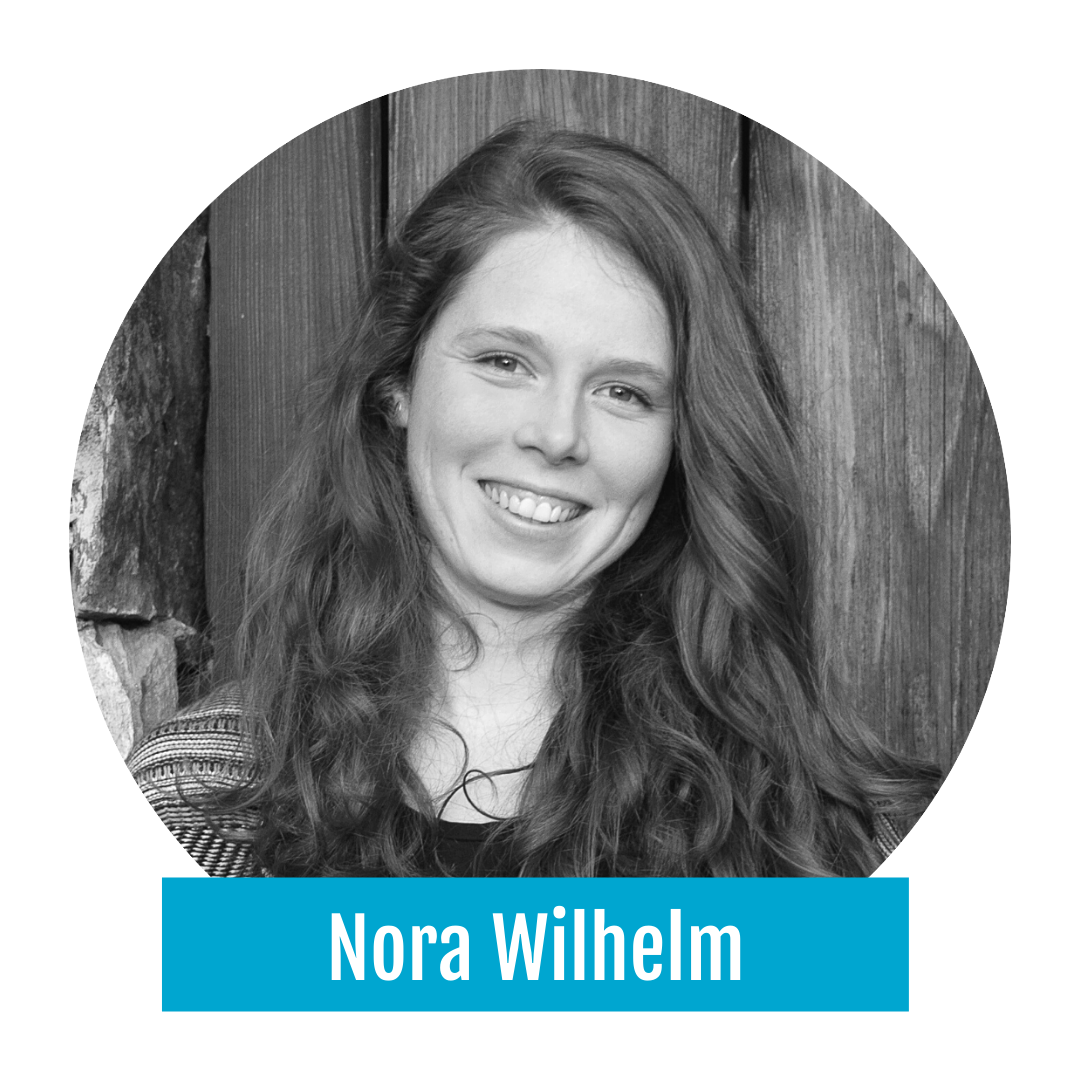A map to navigate the confusing waters of trust
From sometimes being overly naive and just believing whatever people were telling me despite evidence to the contrary to being worried and criticised for not “trusting” someone - I’ve had all kinds of experiences related to trust. Do you trust people always? Should you? Their words or their actions? What does it even mean?
With trust being such an overused word, interpreted in many different ways, I often felt lost in how to navigate situations where it came up. This sent me down a rabbit hole of reflecting on trust, what it means, and what it is based on.
I found many answers. Some lofty and spiritual - trust everyone, trust is a gift, you must give it to all beings. Some cynical and careful - don’t trust anyone, trust only actions and not words, trust is earned and not given freely… None of which really answered my need, for I am still left with the question: what does it really mean to trust someone? What does it entail?
It wasn’t until reading Brené Brown’s Braving the Wilderness in 2017 that I found something that really resonated with me. Brené Brown found in her research that trust can be defined with seven elements, and uses the acronym BRAVING for them. These are:
Boundaries - you respect my boundaries, and when you’re not clear about what’s okay and not okay, you ask. You’re willing to say no.
Reliability - You do what you say you’ll do. This means staying aware of our competencies and limitations so you don’t overpromise and are able to deliver on commitments and balance competing priorities.
Accountability - You own your mistakes, apologize, and make amends.
Vault - You don’t share information or experiences that are not yours to share. I need to know that my confidences are kept, and that you’re not sharing with me any information about other people that should be confidential.
Integrity - You choose courage over comfort. You choose what is right over what is fun, fast, or easy. And you choose to practice your values rather than simply professing them.
Nonjudgement - I can ask for what I need, and you can ask for what you need. We can talk about how we feel without judgement.
Generosity - You extend the most generous interpretations possible to the intentions, words, and actions of others.
Additionally, Brené Brown really brings it home when she adds that BRAVING also applies to yourself, in a form of self-trust. This tool, beginning by being in the right place and relationship with yourself, and by extension with others, has been a tremendous help to ground the abstract concept of trust in very concrete elements.
By learning about and committing to BRAVING, a team can develop a language around trust that will foster a culture of thriving collaboration. It offers enough grounds to talk about breaches of trust such as the disclosure of private information in gossip or failing to do what had been agreed without making the issue personal or absolute.
My personal conclusion is that trust, as defined in BRAVING, is best talked about explicitly and extended as a gift, with breaches of trust being taken seriously. It is our responsibility to be accountable, apologize and make amends when one occurs. It is possible that the breach is so severe that no amends can be made and it is grounds for ending the relationship, but that would be for another blogpost.
For the context of a collaborative team, and even for private relationships, BRAVING offers us a much needed map to navigate the often confusing waters of trust. I hope it helps you as much as it helped me.
Sources: Brené Brown, Braving the Wilderness, published by Random House (NY) in 2017
Nora Wilhelm is the Co-Founder and Catalyst of collaboratio helvetica. She has a background in youth engagement and active citizenship (European Youth Parliament) and specialised in collaboration, self-organisation, ecosystem leadership, systemic change and social innovation. Beyond facilitating multi-stakeholder processes and social innovation labs as well as promoting the Sustainable Development Goals (SDGs), she is a renowned young leader, advocate and speaker, recognised for her work by the Swiss government, UNESCO, Forbes 30 under 30 and other institutions.

